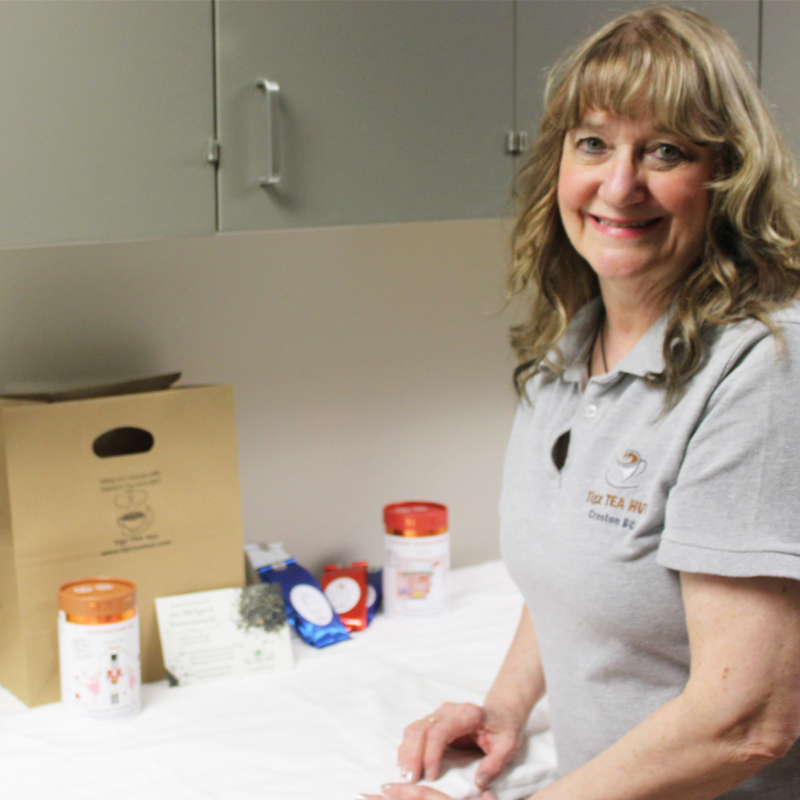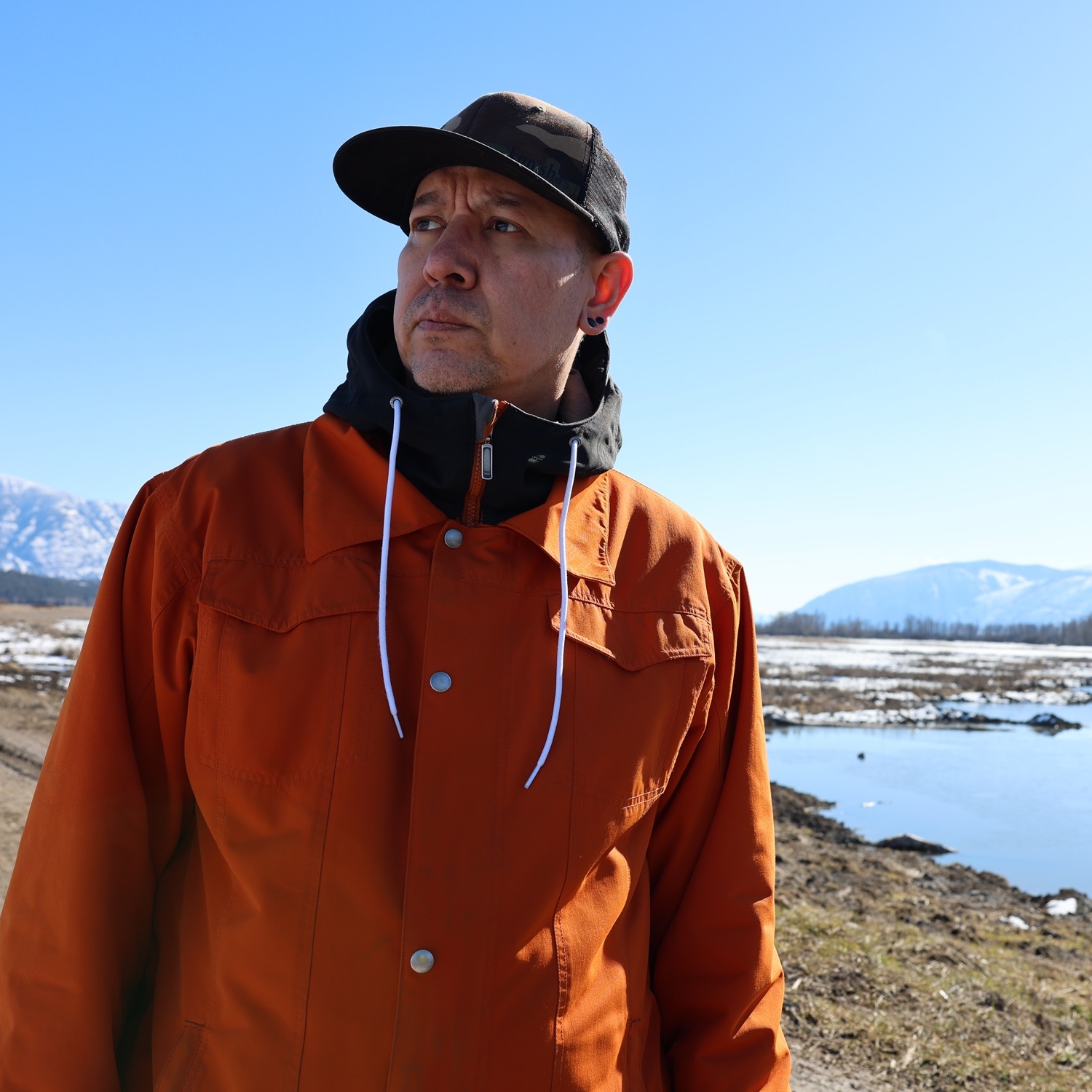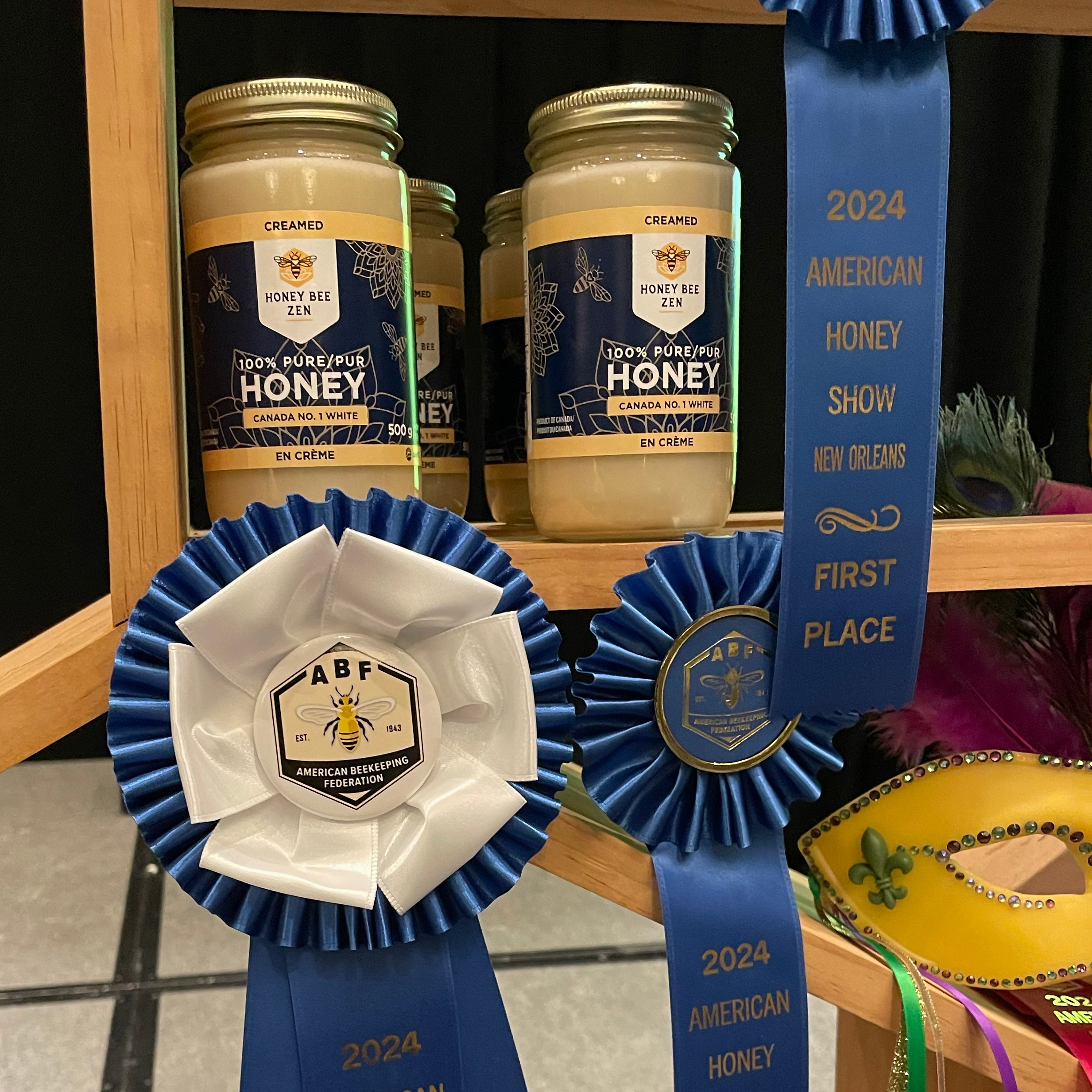A straight board foot to the future
Investing over 20 million dollars over the last five years, WBL walks confidently into the future
Situated in Wynndel, just north of Creston, B.C., Wynndel Box & Lumber is getting the attention of the world. The company caters to more than 13 countries, including the United States, Pakistan, and Japan and other countries in Europe and the Middle East.
A family-owned business, now in its fourth generation, the Wynndel Box & Lumber is committed to creating high quality one-inch niche forest products including pattern stock, trim and fascia, flooring and siding.
At more than 100 years old, the company has seen a lot of changes, made additions and refined its products. Now Wynndel Box & Lumber is doing it again. Driven by demands of the market, the company has invested more than $20 million over the last five years into the sawmill, with a new high-speed planer-moulder line and kilns to prepare for their present and future opportunities. Recently, they have made changes to the over all company structure, unifying and streamlining three separate divisions into one and investing in new slow-drying, energy efficient kilns.
These slow-drying dehumidification kilns are not common in the industry. The end product is a high quality, cut, dried and stabilized wood product with a gentler way of drying and a longer shelf life as a result of less moisture content in the wood. At the end of the drying cycle the wood can go into an equalization phase where drying the wetter boards can continue without over-drying the boards that have already hit their drying targets–increasing over all output.
“With the new kilns we have added 40 per cent capacity of our drying,” said Colin Parsons, chief operations officer, “enabling us to slow down the drying to the other 60 per cent allowing us to push a higher quality product.”
The kilns are described as being one of the most important cornerstones of the company's quality chain.
“For us quality is key. We make high quality panelling, flooring and fascia products, so everything we cut has to be dried and stabilized to a much lower dry than dimension mills,” Parsons said.
The new kilns also burn less natural gas due to a pre-heat system, that once completed, turns over to electricity.
“The carbon footprint in the new kilns is going to be a tenth of the old kilns,” said Dirk Kunze, lumber sales manager.
“The early results are extremely promising,” added Parsons.





Comments